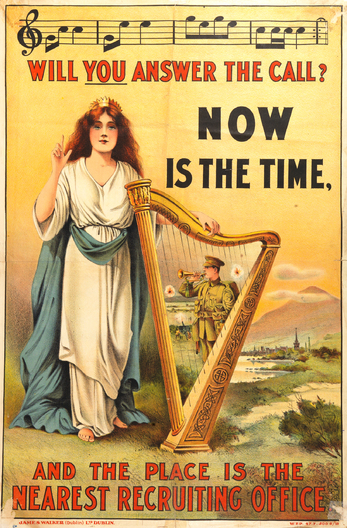The Kaiser and His Times.
This excellent biography could very well serve as the “companion volume” to the video Royal Cousins at War. We learn pertinent details of early German history, the Kaiser’s family background, his early life and development, and the history of his reign. The story of the Great War stays entirely out of the trenches, which adds a new depth to the studies of the researcher. The Kaiser’s stormy abdication process receives detailed examination, while his relatively uneventful retirement in exile is summarized in the penultimate chapter.
Amazingly readable, Balfour’s unique “voice” charms the reader into delving into page after page of political and economic details which, if written by an uninspired historian, would have been difficult to follow. The bon mots that sparkle in unexpected places of the narrative highlight the author’s insightful analyses.
Sixteen pages of photographs accompany the text (only two of which I can recall having seen elsewhere). A family tree chart and several appendices (statistical comparisons, parties in the Reichstag, notes on sources – several of which make interesting reading in themselves – and a biographical index) precede the adequate subject index. Also included in the back matter is an Afterword which updates the reader with how the passage of time revealed new sources of information and affected Balfour’s reflections on what he wrote.
In any analysis of responsibility for the Great War, these important points must be remembered:
- that the only two Germanic personalities who most likely would have helped prevent such a catastrophe (Archduke Franz Ferdinand and Kaiser Frederick III) were prematurely eliminated before they could have influenced European history in positive ways, and
- an anachronistically-oriented megalomaniac was thereby left in charge of a vast swathe of central Europe, surrounded by sycophants who were only too ready to tell him what he wanted to hear, and enable him to bamboozle his way into (and hornswoggle his way, personally unscathed, out of) the war he had always desperately wanted to wage.
Balfour’s final chapter, “The Frontiers of Morality,” presents the challenge of sorting out the facts that figure into the apportionment of War Guilt. It’s a valiant attempt at an even-handed approach, but even the historian himself states at the end (via a French-language quote), “It explains, but does not excuse.”
In other words, the buck stops with Kaiser Bill.
Great history and biography: highly recommended.
NB: The book is out of print, so my copy was purchased from a second-hand-book seller, and I’ve seen both the 1964 and 1972 printings listed in the Indiana State Library system catalog; it should be available elsewhere through Interlibrary Loan. The 1964 printing has been scanned for loan from The Internet Archive.
The edition that’s pictured is the W. W. Norton 1972 paperback reprint of the original Houghton Mifflin 1964 hardcover. The copy I ended up with is apparently one that should have been recalled and pulped, because it was bound without the final signature of the text (pp. 405-436). This is not a case of damage to the book (such as pages having been removed or a signature having fallen out): it’s definitely a printing error on the part of the publisher, because the cover fits snugly over the existing pages, and there’s no gap between page 404 and the first page of the Appendices (page 437). I contacted Norton about the problem, and received permission to photocopy the missing pages from a borrowed copy.

















